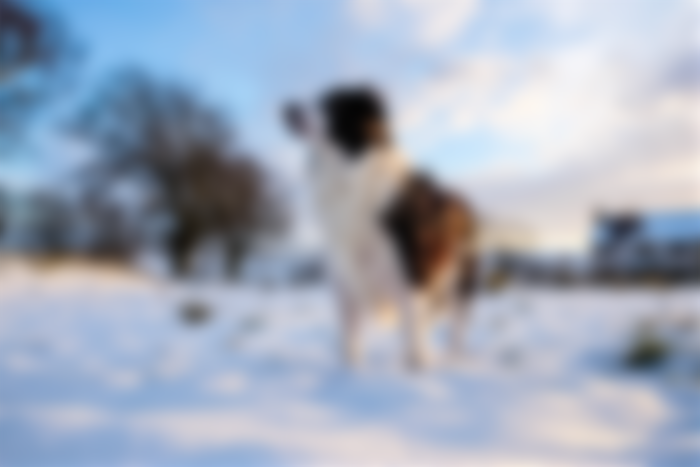Winter Care for Dogs and Considerations
Every dog breed needs care and attention in winter. However, there are also animals that need special attention. These are puppies, old dogs and short-haired dogs.
hairdresser visit
Dogs should visit the hairdresser last October, as winter approaches. Dogs living outside, especially during the winter period, should not be bathed too often. Winter is tough for dogs. Animals living outside may need extra care to cope with the cold weather.

Feed
All animals should be fed according to the conditions of the winter season. Animals living outside in winter should be given food with higher energy compared to other seasons. This type of food helps your dog keep his body temperature constant.
It may even be necessary to reduce the amount of food for pets living in the house, because they often do not exercise in the winter, which can cause them to become fat as a result of not burning calories.
Dog kennel
Animals living outside need a shelter, a hut where they can be protected from the cold weather. The following should be considered for the dog kennel in winter.
Kennel;
📌 Drafts should be avoided.
📌 The floor must be insulated. (wood, rubber etc.)
📌 It should not get wind.
📌 The dog's body temperature should be able to warm the kennel, and it should not be too big to warm the inside.
📌 Its door should be south-southeast.
📌 There should be a plastic wing or cover on the door.
📌 If you are going to heat your dog with a portable heat source, the heat source must have cages and should be placed out of reach of your dog.

Paw control
You should check the paws regularly during the winter months. Snow and ice can damage between the nails. Rock salt spilled on the roads to melt the ice will damage your dog's paw and must be cleaned.
Antifreeze Hazard
Antifreeze is toxic. It may be appealing to your dog as it is colorless, odorless and sweet. It can be found in abundance on the ground in winter and your dog may lick it hungrily. Symptoms can occur between 30 minutes and 12 hours after taking antifreeze. Clinical signs are drunkenness, weakness, tics, and convulsions. If not treated in time, death due to acute renal failure occurs.

